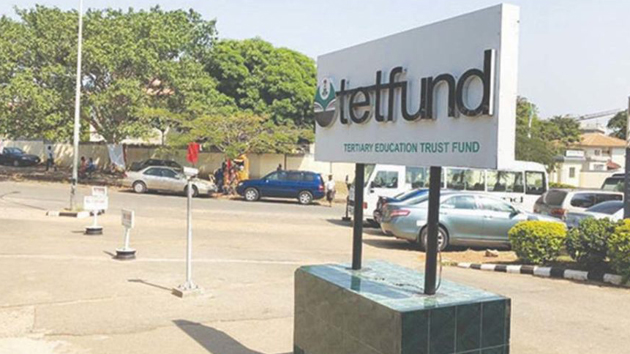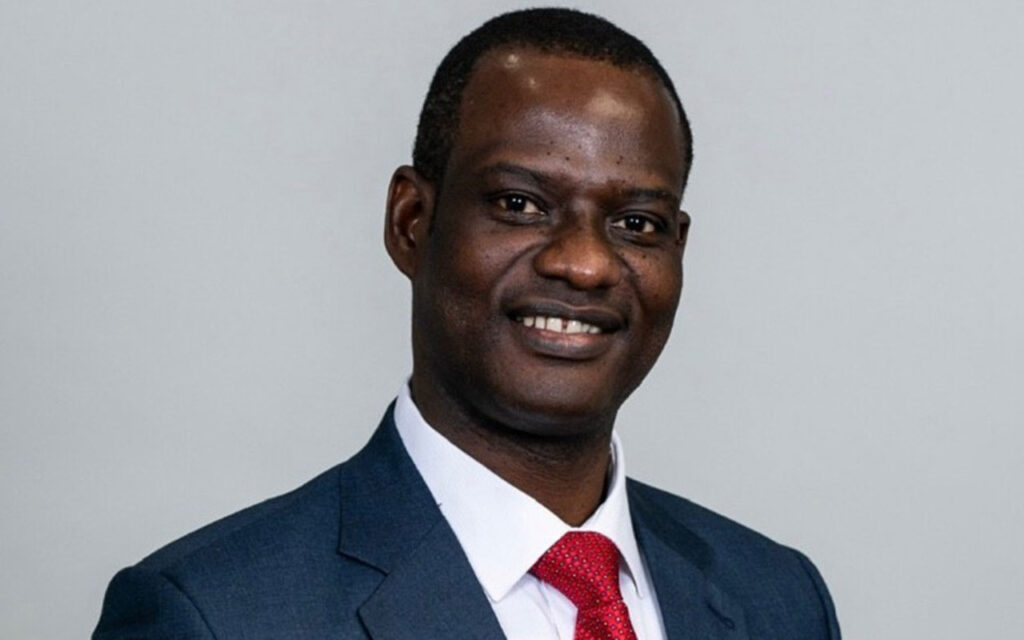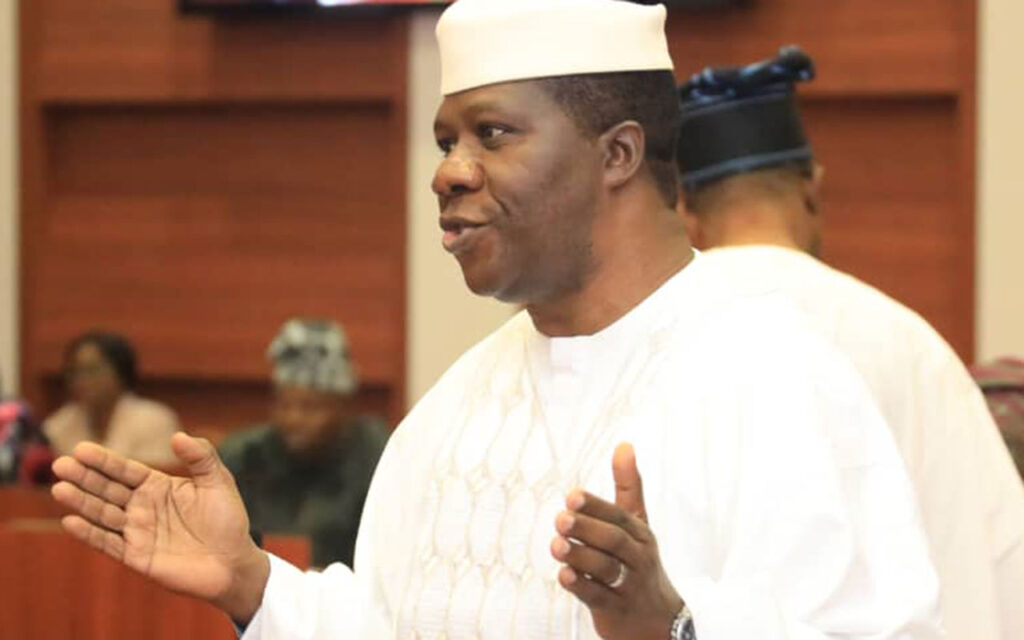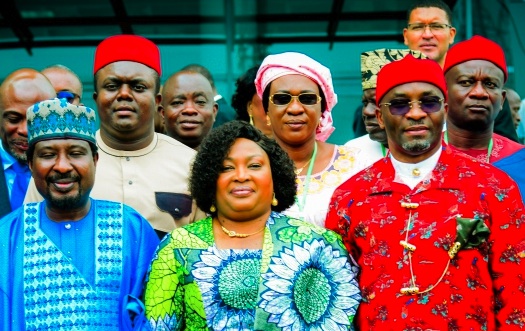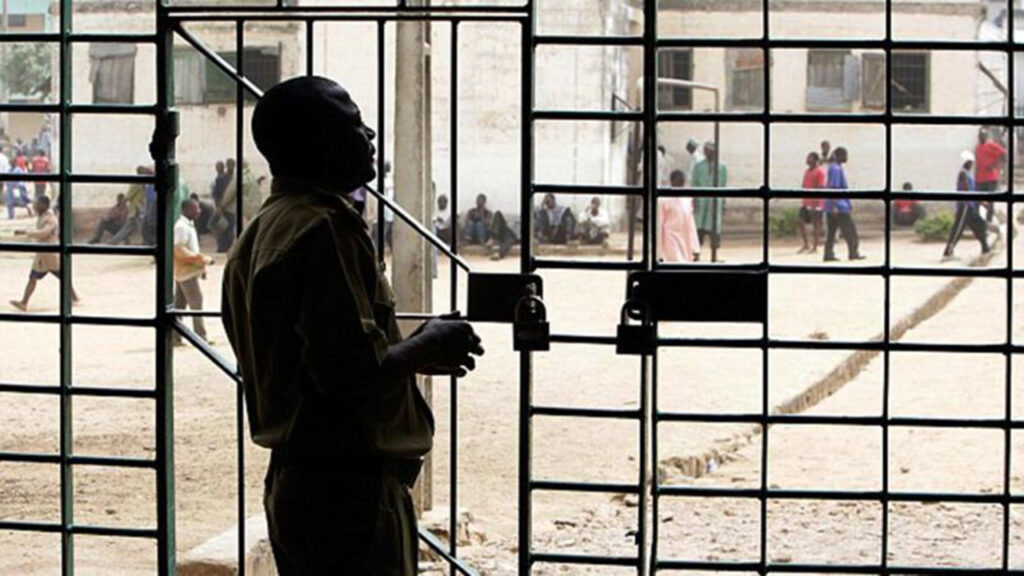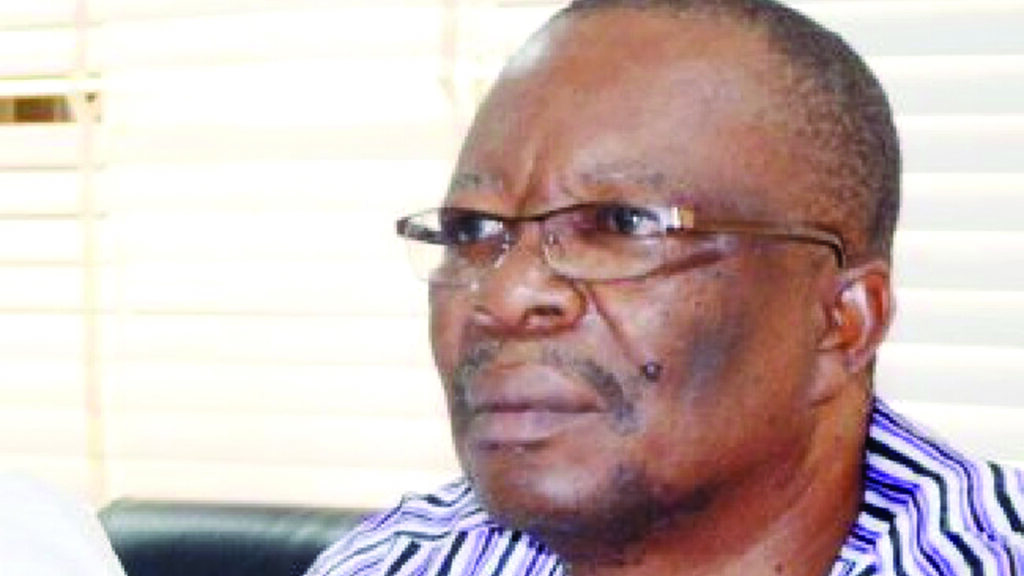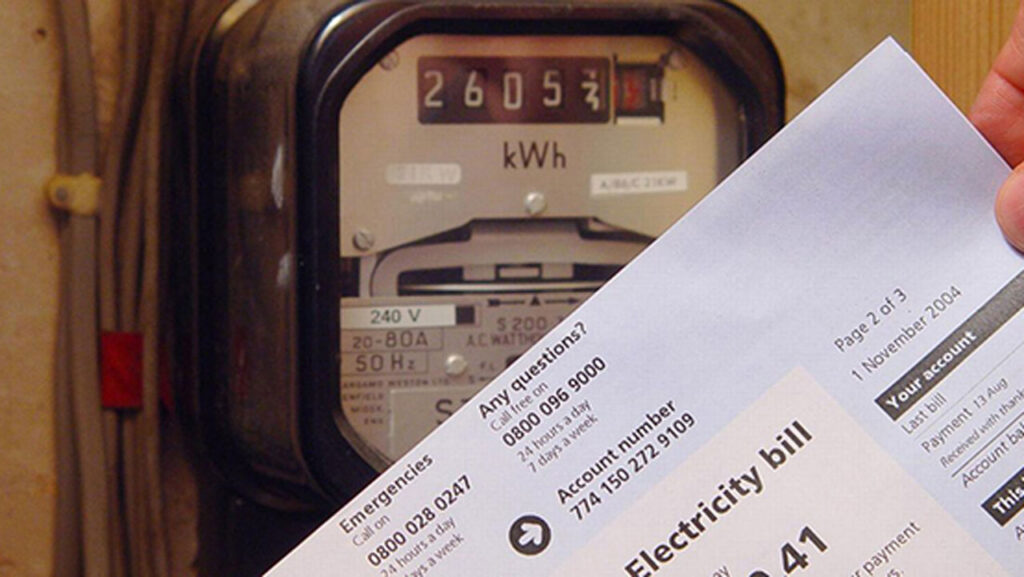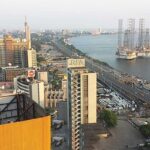
The real sector has absorbed so much pressure and could collapse if urgent measures are not
taken, the Manufacturers Association of Nigeria (MAN) has warned.
Revealing that capacity utilisation has declined to staggering 56 per cent, the Director-General, Segun Ajayi-Kadir, lamented that with interest rate at above 30 per cent, it is becoming almost impossible to produce.
Adding that foreign exchange to import raw materials and machines had increased to N350 billion, he said the sector’s growth has dropped to 2.4 per cent.
For comparison, Ajayi-Kadir maintained that a stable sectoral growth should be between 10 and 25 per cent.
He added that the manufacturing sector is beset with multi-dimensional challenges, losing 767 companies last year, while 335 others are on the verge of collapsing.
Ajayi-Kadir, who was speaking against the backdrop of the newly introduced Expatriate Employment Levy (EEL) by the Federal Government, a move he considered harmful to the country’s drive for foreign direct investments (FDIs), pointed out that the levy was counter-productive.
“For instance, Nigeria is a signatory to the African Continental Free Trade Area (AfCFTA) agreement. One of AfCFTA’s pillars is free movement of skilled labour across the continent, which is complemented by non-discriminatory measures against fellow Africans. This will deter multinational companies from either investing in Nigeria or setting up regional headquarters in the country.
Also, the levy will make Nigeria a more expensive location for global expertise that international companies require for their operations. Overall, we risk slowing down knowledge and skills transfer to Nigerians and undermining a key avenue for the country to move up the technology ladder,” he clarified.
The MAN boss also expressed worry that the fee could have far-reaching implications for the economy and potentially exert pressure on the naira.
Director-General of Lagos Chamber of Commerce and Industry (LCCI), Dr Chinyere Almona, said while they support government policies that foster business, revenue generation and job opportunities, there is a possibility that the operating environment might be perceived as unfriendly to foreigners.
She added that the country needs a conducive environment to attract the right investments.
Her words: “Capital importation into Nigeria in the fourth quarter of 2023 stood at $1.088 billion, out of which only 16.90 per cent ($184 million) came in as FDI.”
Expressing fears that the new policy could result in relocation of foreign companies to neighbouring countries, she said it would likely spark retaliatory actions from other nations via imposition of levies on foreigners and Nigerian like.
This, Almona observed, would affect Diaspora remittances.


